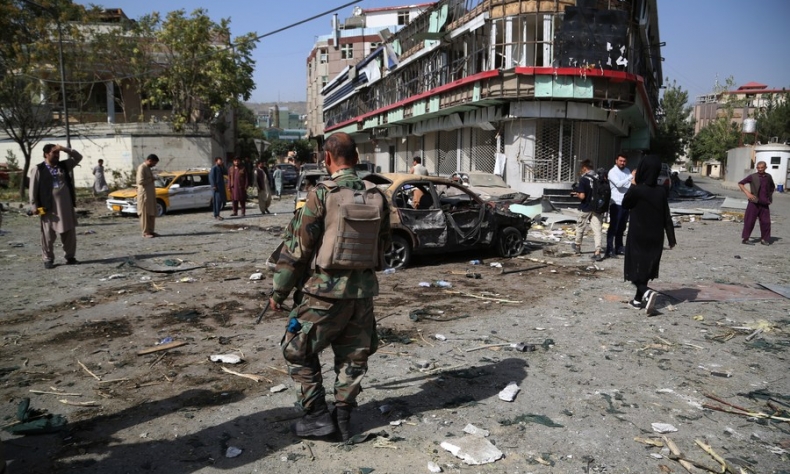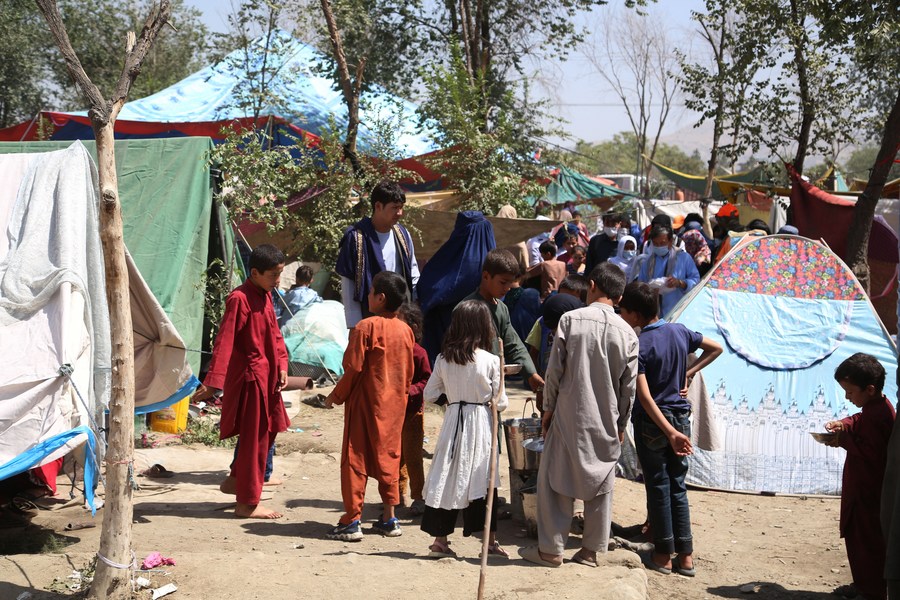US Elites Double Down on Failure in Afghanistan

In order for think tanks to have something to write about and hence attract money, they need to have ‘problems’ in the world and propose ‘solutions’ America’s leaders can engage in.
Following the takeover of Kabul by the Taliban, the American press are in broad agreement that the decision to end U.S. involvement in Afghanistan was a clear and universally-accepted mistake.
A sample of articles in influential U.S. publications such as Foreign Policy, Foreign Affairs, and The Atlantic reveal that the U.S. “lacks credibility,” and “betrayed” the Afghan people. Some have even stated that the betrayal is “your fault,” you plebeian Americans. Sure, the U.S. lacked credibility when its past three presidents all promised to turn the tide and “win” in Afghanistan; we betrayed the Afghan people when we invaded 20 years ago; and Americans in post-industrial towns, half of whom don’t vote in their own country’s elections, should care as much about imposing our version of democracy on Afghanistan as policy experts who are paid to care about Afghanistan, right?
“The Afghans are trapped in a ‘nightmare,'” CNN headlined an article. What about the girls and women killed when the U.S. and its warlords invaded in 2001? What about the 1,000 or more civilians killed every year of the war and the children recruited as soldiers? The whole war has been a nightmare.
Among U.S. media and national security professionals, there is very little acknowledgement of the arguments of those who supported the withdrawal. That’s because the media and the elites have career and business interests in having America invade and occupy many countries.

There are about 2,000 think tanks in the U.S., about a third of all the think tanks in the world, and Washington DC is where they are centralized. DC think tanks also disproportionately attract funds from wealthy donors and corporations. And what is the most common topic of “thinking” for these think tanks? “Foreign Affairs, and National Security,” according to an analysis by Northwestern professor Alexander C. Furnas which was published in Applied Network Science.
In order for think tanks to have something to write about and hence attract money, they need to have “problems” in the world and propose “solutions” America’s leaders can engage in.
The best way to attract funding is through fear. Consequentially, there are many think tanks that focus exclusively on terrorism, warning that al-Qaeda will launch another attack if the U.S. doesn’t bomb somewhere. For the past two decades, hyperventilating “experts” have fearmongered about biological weapons, suitcase nukes, EMP attacks and worse.
But being wrong doesn’t harm one’s career in Washington. The same experts keep circulating among the same think tanks, and keep making the same predictions to keep getting hired.
The DC establishment is no better at predicting or planning foreign policy engagements. See how they all failed on Iraq, too, in addition to Afghanistan. To take just one example, Paul Wolfowitz, then working for the Bush administration, previously the dean of Johns Hopkins’ foreign policy school, later president of the World Bank, said that Iraq would have no sectarian conflicts following the U.S. overthrowing its government.
The U.S. media repeatedly solicits the opinions of the same experts and determines what to be concerned by what think tanks are concerned about. Journalists want to appear worldly and feign superior knowledge and concern for the rest of the world. They want you to know they support the Afghan people.

Some foreign correspondents even wrote articles about their concerns for the people they knew in Afghanistan. There are a lot of people suffering, and there will be for some time. But the relationships between a journalist or a policymaker and those they know abroad cannot justify foreign policy. They do not change the facts on the ground.
Too many journalists and politicians, on the other hand, do not know the families of soldiers who are being sent to sacrifice their bodies and lives for a losing war. Only 7.3% of Americans have ever served in the military, and the share of Americans currently serving is smaller than it has ever been. The number of Americans who have family members serving in the military is also declining, and military service is increasingly being concentrated amongst the same class.
This creates a military-civilian divide, which is manifested in the media’s out-of-touch reaction to Afghanistan. The children of journalists and politicians are not fighting in Afghanistan. They have nothing on the line. It is just another imperial game for them.
Mitchell Blatt is a columnist with China.org.cn.
 Facebook
Facebook
 Twitter
Twitter
 Linkedin
Linkedin
 Google +
Google +










